Top Foundation Inspection Tips for 2025
A detailed foundation inspection is essential for your home because it can identify early structural problems, prevent expensive repairs, and ensure your home’s safety. In this guide, we’ll explain the importance of regular checks, when to schedule an inspection, common issues to look out for, and the costs involved. By the end, you’ll be well-equipped to maintain a stable and secure foundation for your Home.
Key Takeaways
-
Regular foundation inspections are essential for maintaining home safety and preventing costly repairs, especially when selling a Home.
-
Key indicators for scheduling inspections include visible cracks, uneven floors, leaning chimneys, and plumbing issues.
-
Professional inspectors provide detailed reports and unbiased recommendations, while preventive measures such as proper drainage can reduce the risk of foundation problems.
Importance of Foundation Inspections
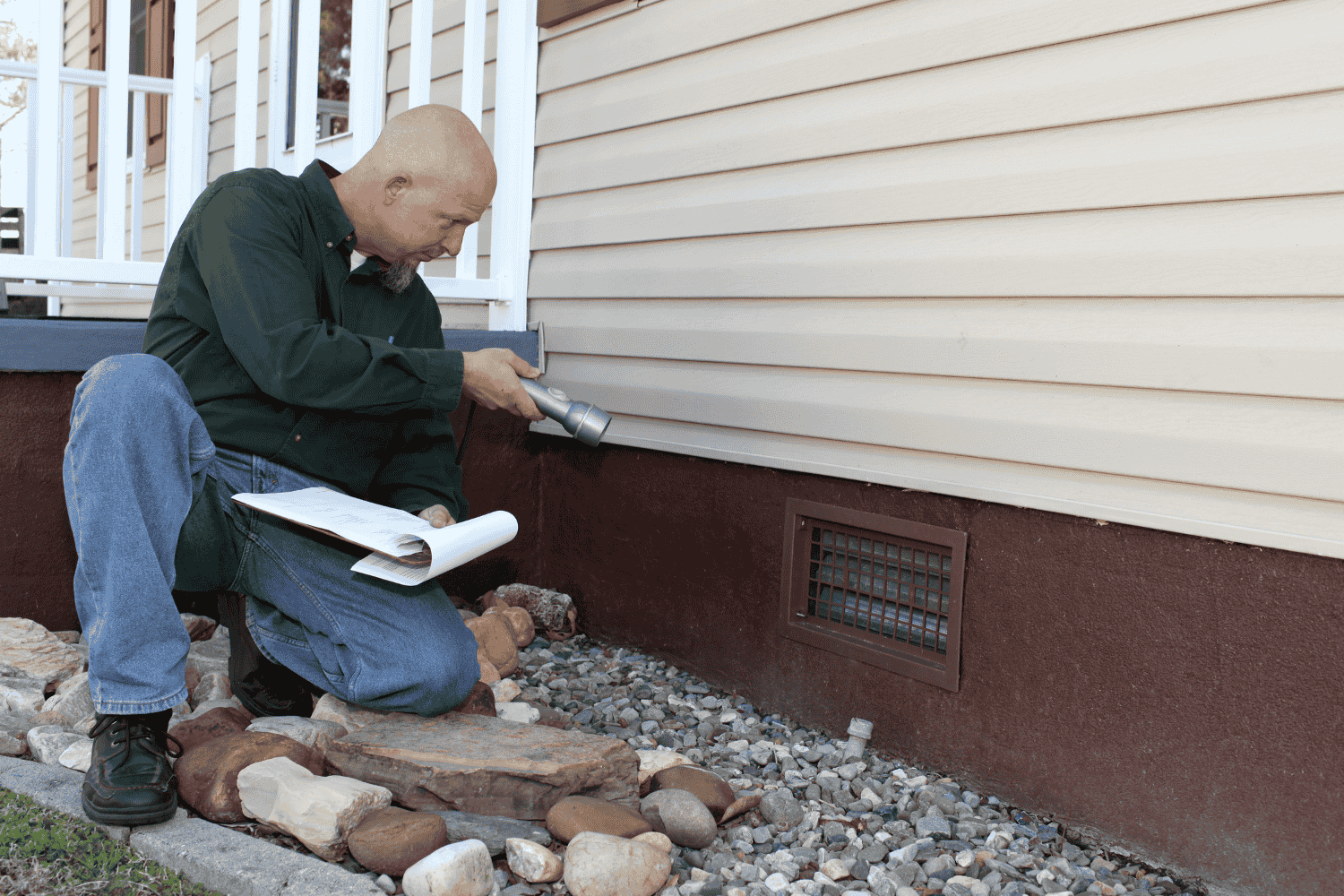
Maintaining your home’s structural integrity requires regular foundation inspections. These inspections help prevent minor issues from turning into major damage, saving you time, money, and stress. Just as you wouldn’t ignore a small roof leak, early signs of foundation problems shouldn’t be overlooked.
A compromised foundation risks both your family’s safety and your home’s structural soundness. Regular inspections maintain a safe, stable environment. If selling your Home, a professional foundation inspection identifies potential issues affecting the sale and reassures buyers.
Regular foundation inspections protect your investment and ensure your home’s safety and stability. Proactive scheduling of these inspections allows you to address foundation concerns before they escalate.
When to Schedule a Foundation Inspection
Scheduling a foundation inspection at the right time can save you from costly repairs and hazards. Cracks in exterior brick or siding often indicate foundation movement and are clear signs that an inspection is needed. Visible cracks in both interior and exterior walls should also be addressed promptly.
Bowing or sagging walls, a leaning chimney, and water seeping into the basement are other indicators of foundation issues. Uneven floors, a sagging roofline, sticking doors and windows, and gaps between walls and frames also require prompt inspection.
Plumbing issues like slow drainage or leaks, and water damage can also signal foundation problems. Vigilance and timely inspections when these issues arise help catch and address foundation problems early, preventing significant damage.
How Weather Affects Your Home’s Foundation
Weather significantly impacts your home’s foundation. Excessive rainfall can saturate the soil, pressuring foundation walls and causing cracks. Poor drainage systems worsen these issues by eroding the supporting soil.
Drought causes soil to shrink and pull away from the foundation, potentially leading to uneven settling. Colder climates with repeated freeze-thaw cycles can cause soil to expand and contract, exerting pressure on the foundation. Understanding these weather-related risks helps in taking preventive measures to protect your foundation.
Maintaining proper drainage systems and ensuring the ground around your foundation slopes away from the house mitigates weather impacts. Regular inspections and maintenance help identify and address weather-related foundation issues early.
Recognizing Early Signs of Foundation Problems
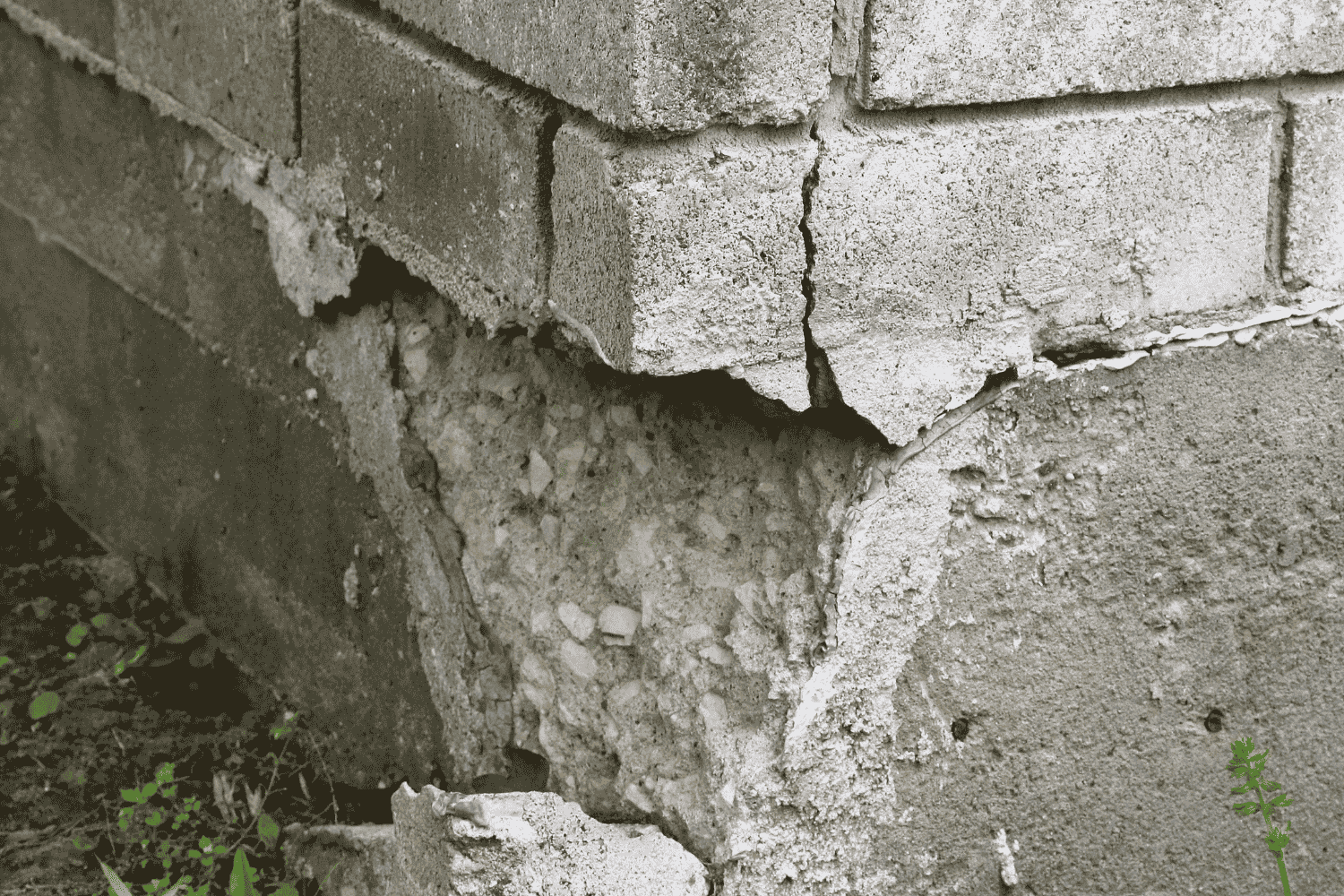
Recognizing early signs of foundation problems saves you from costly repairs and ensures home stability. Common early warning signs include wall cracks, sloping floors, and sticking doors or windows, which may indicate significant underlying foundation problems.
Horizontal cracks, bulging walls, and long cracks extending from door and window frames to the ceiling are severe indicators of foundation issues needing immediate attention. Uneven floors, gaps around windows and doors, and drywall cracks also signal potential problems. Regularly checking for these signs and consulting a structural engineer when issues arise helps address foundation problems early and maintain stability.
Staying vigilant and recognizing early foundation problem signs is crucial. Early detection saves money on repairs and ensures your home’s long-term stability and safety.
Foundation Inspection Costs
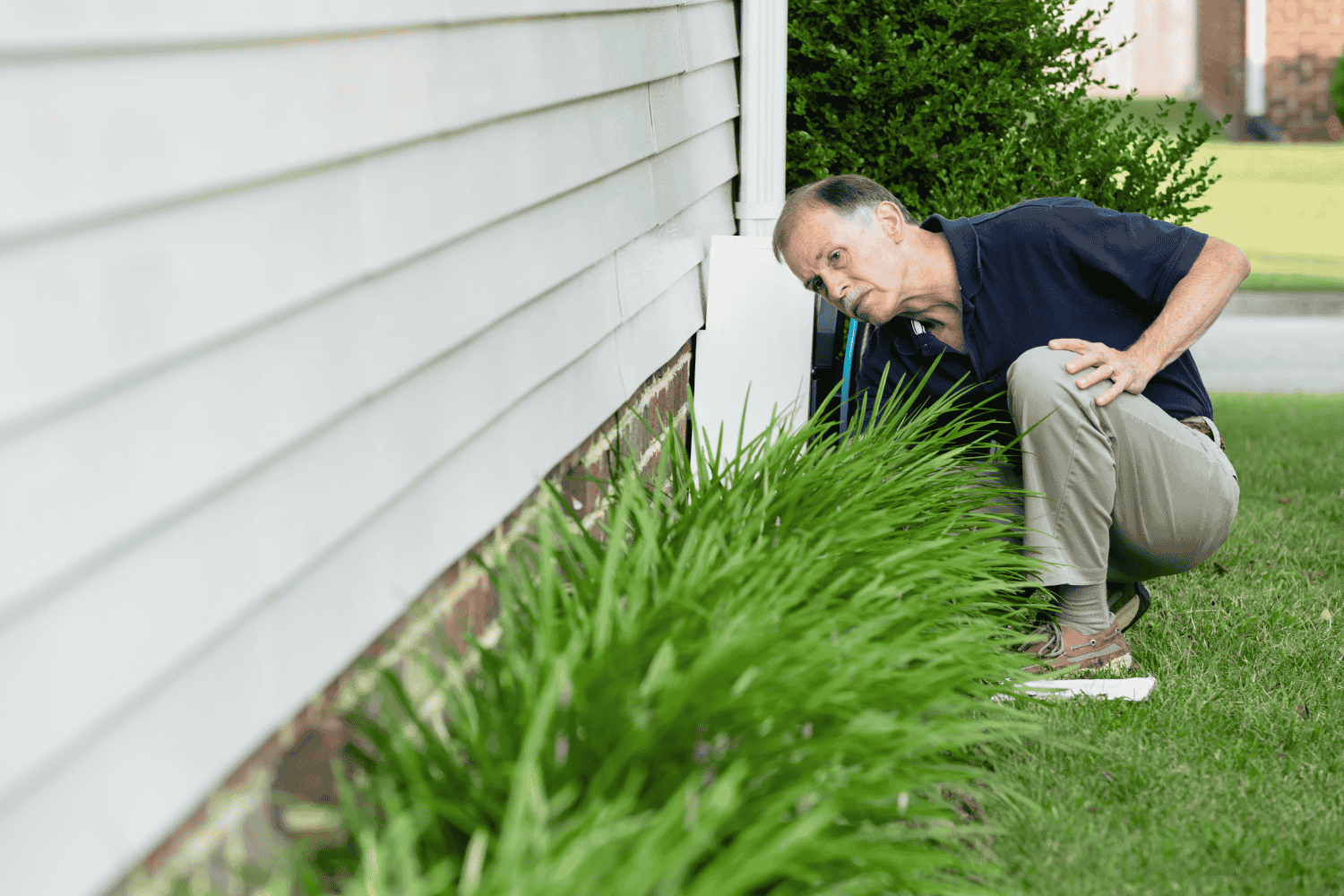
Foundation inspection cost varies widely, averaging around $600, typically ranging from $300 to $1,000. Larger or more complex foundations may exceed $1,000. Factors influencing the cost include the Home’s size and complexity.
Homeowners should consult local contractors for specific pricing. Hiring a structural engineer for a foundation inspection typically costs between $450 to $1,200, offering peace of mind and potentially preventing costly future repairs.
Hiring a Professional Foundation Inspector
Choosing the right professional for your foundation inspection is crucial. Begin by asking the right questions to find the best inspector. Structural engineers are qualified to assess and repair foundation issues, making them an excellent choice.
Avoid hiring an inspector who is also a contractor to prevent biased recommendations and unnecessary repairs. Seek foundation contractors when in doubt. Ensure the inspector provides a detailed report with repair options to make informed decisions.
Professionals often offer warranties for their work, providing peace of mind for future issues. Hiring a qualified, unbiased inspector ensures that the recommendations are in your best interest.
What Inspectors Look For During a Foundation Inspection
Inspectors assess foundation walls for cracks or shifts, checking for bulging or leaning walls, discoloration, and signs of moisture during an inspection. Bowing or leaning walls may signal significant structural problems and should be promptly addressed. Inspectors document any damage found during both exterior and interior inspections.
During the interior inspection, signs of water intrusion, mold, and mildew in basements and crawl spaces are checked using moisture meters. Inspectors also look for stair-step cracks, horizontal cracks, and corner cracks. Testing doors and windows for smooth operation ensures no foundation-related sticking issues.
Tools like soil probes, moisture meters, and level tools identify various foundation issues. A thorough inspection report includes the extent of damage, appropriate repair methods, and approximate costs and timelines.
Common Foundation Issues
Various factors, including soil movement and severe weather, can cause common foundation issues. Homeowners should watch for signs of damage in foundation walls, such as bulging, leaning, cracks over 1/8 inch, stair-step cracks, and horizontal cracks. Freezing conditions can expand the soil, worsening existing foundation cracks.
Summer heat can cause water to evaporate from the soil around the foundation, leading to settling and instability. Heavy rainfall can cause water to seep through gaps and cracks, exacerbating the problem. A damaged foundation may lead to costly repairs and potential safety hazards.
Foundation inspection services reveal hidden issues that could threaten stability. Inspectors also look for signs of pests indicating potential moisture issues. Moisture indicators like dampness and mold are critical during interior inspections, and a foundation inspection checklist can help identify these concerns.
Foundation Repair Options
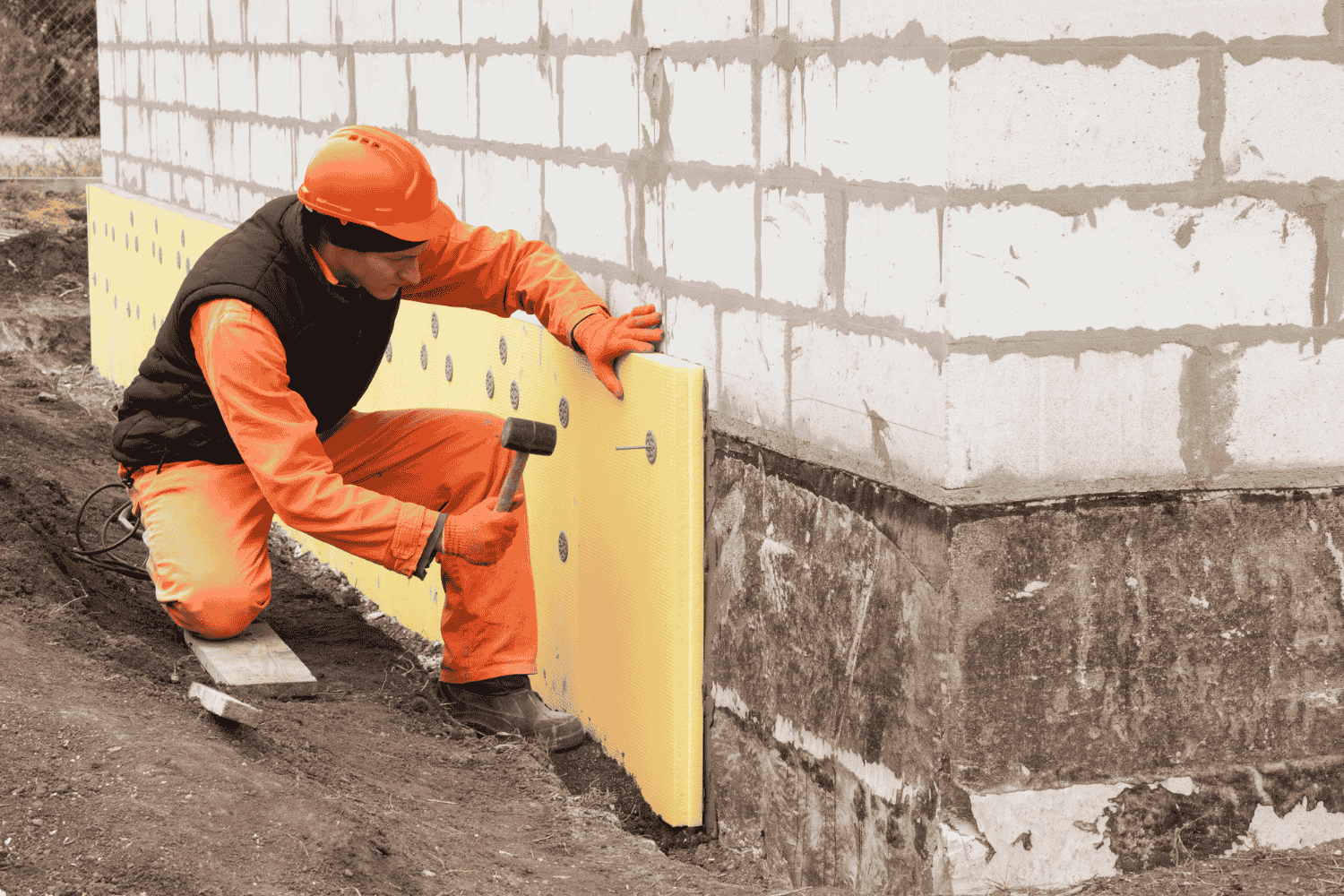
Various repair methods address different foundation issues, offering homeowners multiple options. Engineers might recommend solutions like underpinning, slab jacking, waterproofing, and drainage systems.
Underpinning strengthens the concrete foundations by extending it deeper into the ground, preventing further sinking. Slab jacking lifts and levels sunken concrete slabs by injecting grout beneath them, correcting uneven surfaces. A concrete slab foundation can also provide a stable base for various structures.
Waterproofing techniques, like sealing foundations, prevent moisture-related problems and further damage. Hiring professionals provides access to advanced tools and techniques for effective repairs, minimizing long-term damage risk.
DIY vs. Professional Foundation Repairs
DIY foundation repairs can be cost-effective, providing immediate action and valuable learning experiences. However, they come with limitations like a lack of expertise, potential costly mistakes, and safety concerns. Without understanding underlying issues, DIY fixes can sometimes worsen foundation problems.
The primary downside of hiring professionals is the higher cost compared to DIY repairs. Techniques like high-density polyurethane foam are used for urgent repairs due to rapid installation times. Shimming, used in pier and beam foundations, provides temporary support by filling gaps.
Hiring professionals brings expertise and can resolve issues more effectively. For complex or severe foundation problems, professional repairs often ensure long-term stability and safety.
Preventive Measures to Avoid Foundation Problems
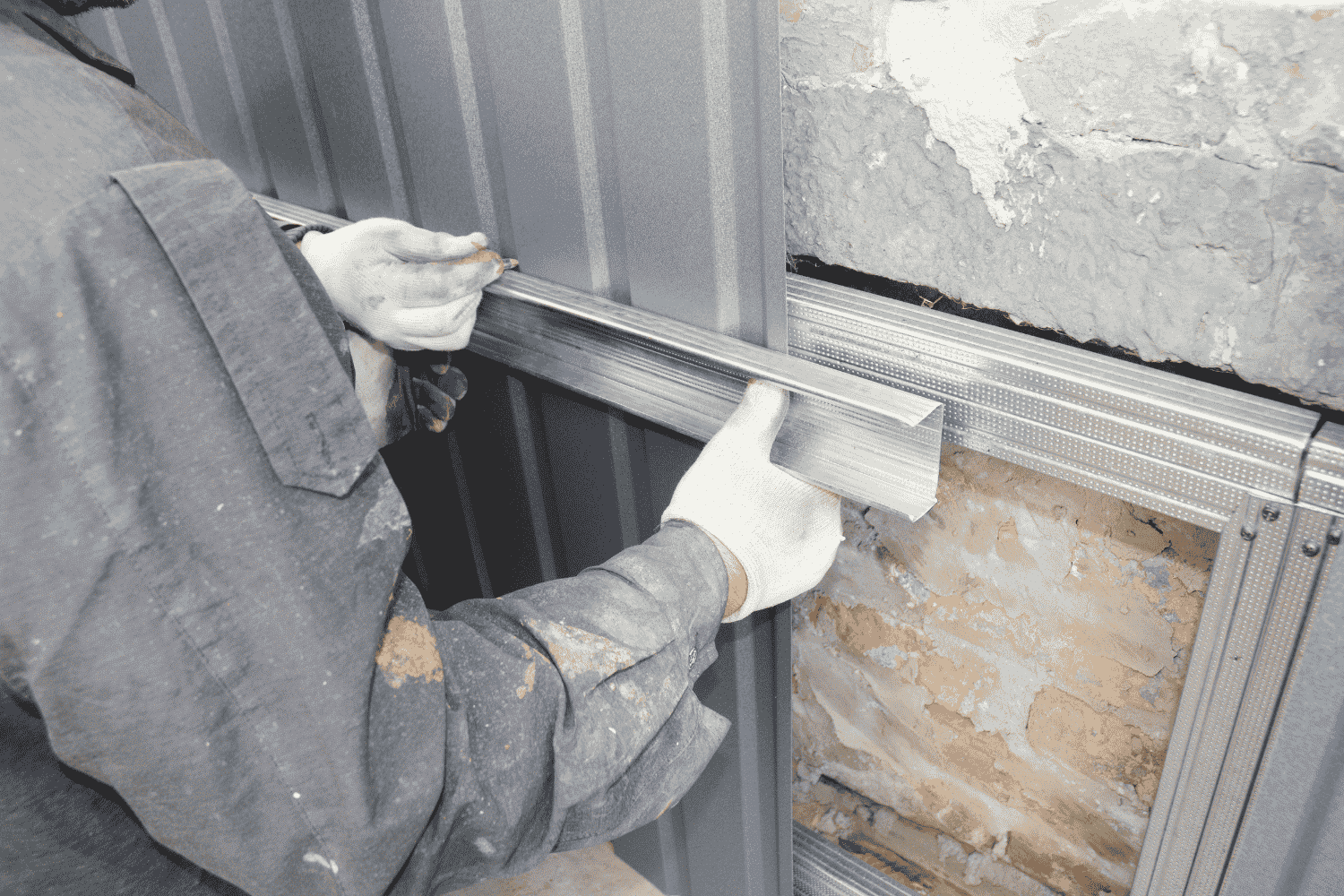
Preventive measures help avoid foundation problems and protect your investment. Inspectors evaluate drainage systems to ensure water is directed away from the foundation. The ground’s slope around the foundation is also examined to prevent water accumulation. Installing a drainage system to redirect water runoff is crucial.
Regularly inspecting and maintaining landscaping ensures proper drainage away from the foundation. Keeping soil consistently moist but not saturated prevents soil shrinkage. Monitoring and managing tree roots also prevent foundation damage.
Masonry patches effectively seal cracks to prevent water intrusion but don’t address deeper issues. Following these preventive measures and scheduling regular inspections helps homeowners avoid costly repairs and maintain a stable foundation.
Summary
In summary, maintaining a healthy foundation is crucial for the stability and safety of your home. Regular foundation inspections can identify potential problems early, preventing costly repairs and ensuring peace of mind. From understanding the impact of weather on your foundation to recognizing early warning signs and exploring repair options, this guide has provided comprehensive insights into foundation maintenance.
We hope you feel empowered to take proactive steps to protect your home’s foundation. Remember, a little prevention goes a long way in avoiding major foundation issues. Schedule your next foundation inspection today and keep your home standing strong for years to come.
Frequently Asked Questions
What happens during a foundation inspection?
During a foundation inspection, inspectors assess the interior and exterior of the home for cracks, water damage, and stability issues in walls, floors, and doorways. This thorough evaluation helps identify potential problems that could affect the integrity of your home.
Is foundation inspection worth it?
A foundation inspection is definitely worth it, as it can identify issues early and potentially save you thousands of dollars in repairs or prevent severe Home damage. Regular inspections help ensure the safety and stability of your home.
How much does it cost to test foundation?
The cost to test a foundation typically ranges from $300 to $1,000, with an average inspection costing around $600. Factors such as Home size and location can influence the final price.
How often should I schedule a foundation inspection?
You should schedule a foundation inspection every 1-2 years, or sooner if you observe any warning signs of issues. Prompt attention can prevent more significant problems down the line.
What are the common signs of foundation problems?
The common signs of foundation problems include cracks in walls, uneven floors, sticking doors and windows, and water seepage in the basement. Addressing these issues early can prevent further damage and costly repairs.
 574-318-3326
574-318-3326






